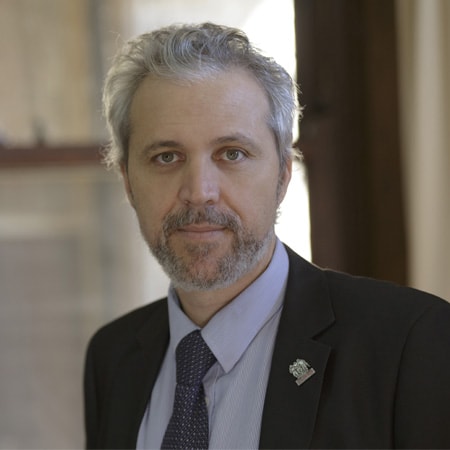This duty often involves exposure to highly distressing incidents that would ordinarily shatter the lives of everyday Australians. Trauma and mental health expert Professor Zachary Steel explains how this can affect a person’s emotional wellbeing
We are all equipped with an inner threat response system which supports and maximises our capacity to respond effectively when faced with extreme threat and danger. The professionalism and commitment of first responders can serve as an important first-line defence against the harmful nature of their work.
Training, institutional support and event preparation also helps people to endure such incidents and to operate effectively under high stress and threat environments. The daily work required of police and first responders nevertheless places enormous demands on these inner threat response systems and a post-traumatic stress injury can result.
Research suggests 3 important facts about such conditions.
- There is no absolute immunity from acquiring a traumatic stress injury even among highly trained, capable and dedicated officers.
- The risk of acquiring such an injury increases with the number of exposures, severity and intensity of traumatic incidents.
- There are treatments that have demonstrated a capacity to reduce the symptoms of post-traumatic stress disorder (PTSD) and restore a person’s ability to function in their home and work life.
The experience of many police and first responders is that it can be difficult to identify when a traumatic stress injury may have developed.
For instance, it is normal to be troubled by unsettling thoughts and reminders following exposure to an especially traumatic incident particularly in the days and weeks following. It is when these reactions endure and fail to settle or subside over a reasonable amount of time leading to reduced functioning that a traumatic stress injury may have occurred.
This loss of functioning associated with such injuries may be most apparent in the person’s home and social life. While such injuries may subside without specialist treatment research indicates a substantial proportion will endure for prolonged periods of time.
If you or those close to you believe you have sustained a traumatic stress injury it may be time to reach out for assessment and treatment. A referral from your GP can link you to doctors and clinicians who will work with you to understand the nature of your injury and develop a treatment and recovery plan.











